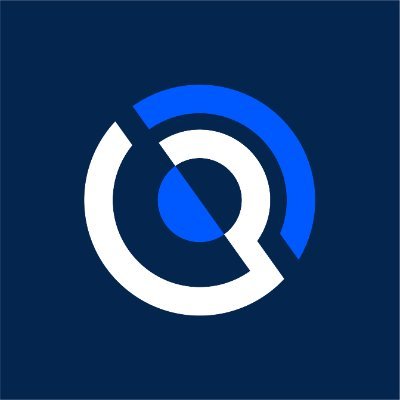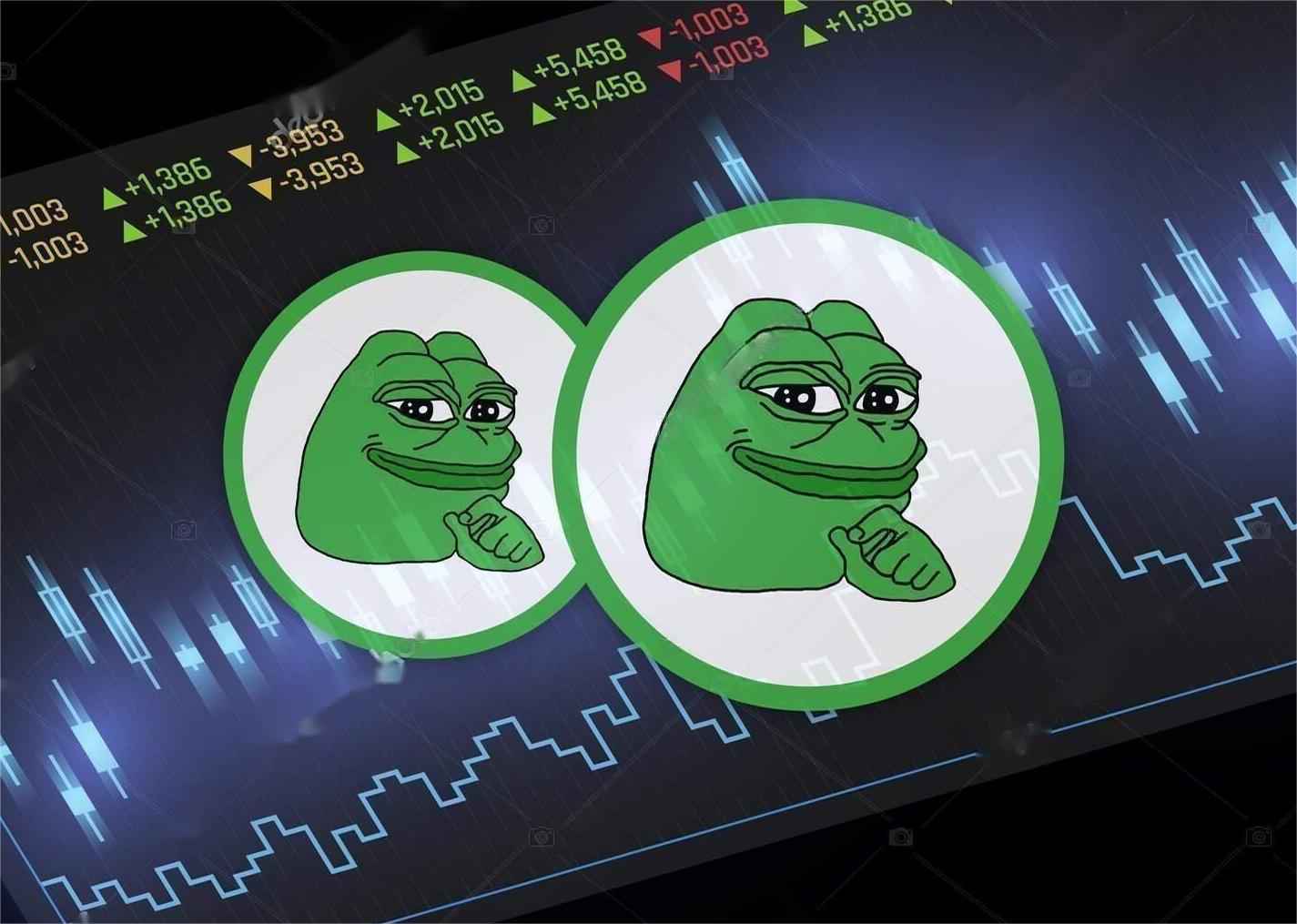Vitalik Buterin dice que los mercados de predicción y la financiación de la información podrían transformar las DAO

El cofundador Ethereum Vitalik Buterin, cree que las fuentes de información impulsadas por las finanzas podrían transformar otros sectores como las redes sociales, la revisión científica y la gobernanza descentralizada. En una publicación de blog reciente, Buterin explicó que la IA o los LLM podrían ampliar las salidas de información financiera al mejorar su precisión y transparencia.
El artículo de Vitalik Buterin describe vívidamente cómo los mercados de información y predicción desempeñan un papel importante en el mundo en evolución de hoy. El magnate de las criptomonedas destacó el papel de Polymarket como medio de información financiera en las elecciones estadounidenses que acaban de concluir.
Según Buterin, Polymarket proporcionó información en tiempo real sobre las elecciones y simultáneamente proporcionó una plataforma de apuestas para que los apostadores predijeran quién ganaría las elecciones dent de Estados Unidos.
Los datos de Polymarket demostraron ser más precisos que los datos de otras fuentes. El sitio web predijo una probabilidad de 60/40 de que Donald Trump ganara las elecciones, mientras que otras fuentes mantuvieron una impresión de carrera apretada con una probabilidad de 50/50 entre los dos candidatos.
Buterin cree que el sector de las infofinanzas podría beneficiar a las DAO
De los mercados de predicción a las finanzas de la información: https://t.co/Os5I1vocNn
- vitalik.eth (@VitalikButerin) 9 de noviembre de 2024
In the article, Buterin mentioned that information finance was a new and emerging field focused on prediction markets and information provision. He also detailed that the sector could face massive disruptions with advanced large language models (LLMs) and artificial intelligence (AI).
Buterin highlighted that prediction markets are part of info finance, which allows users to place bets based on which post they believe is true or false. The sector boosts credibility in dispelling information and identifies and flags falsehoods. Buterin mentioned in the article that info finance could serve as a useful tool in the decentralized finance arena on decentralized governance.
According to Buterin, decentralized autonomous organizations (DAOs) could capitalize on prediction markets to foster development in the respective ecosystem. The article emphasized that DAOs face the major challenge of having many decisions, and most members are unwilling to participate.
The challenge has led to the need for widespread delegation that sparks centralization concerns and principal-agent failures in representative democracy. According to Buterin, a DAO that incorporates could be the solution DAOs with limited voting activities are looking for.
“A DAO where actual votes only happen very rarely, and most things are decided by prediction markets with some combination of humans and AI predicting the votes, could work well.”
Vitalik Buterin recounts other info finance use cases
Vitalik also recounted other use cases of info finance, such as ‘proto-info finance’, which is a genre of personal tokens such as BitClout and friend.tech. Vitalik Buterin thinks info finance can develop improved versions of these projects to provide solutions to important challenges such as talent sourcing.
According to Buterin, info finance and market prediction could be incorporated in science peer review to recheck findings from previous studies.
In other news, the crypto pioneer proposed reducing the Ethereum validator threshold to 1 ETH from 32 ETH to allow solo staking. Buterin argued that a high validator staking amount is a barrier to entry for small participants and solo stakers willing to validate the network but cannot afford 32 ETH.






